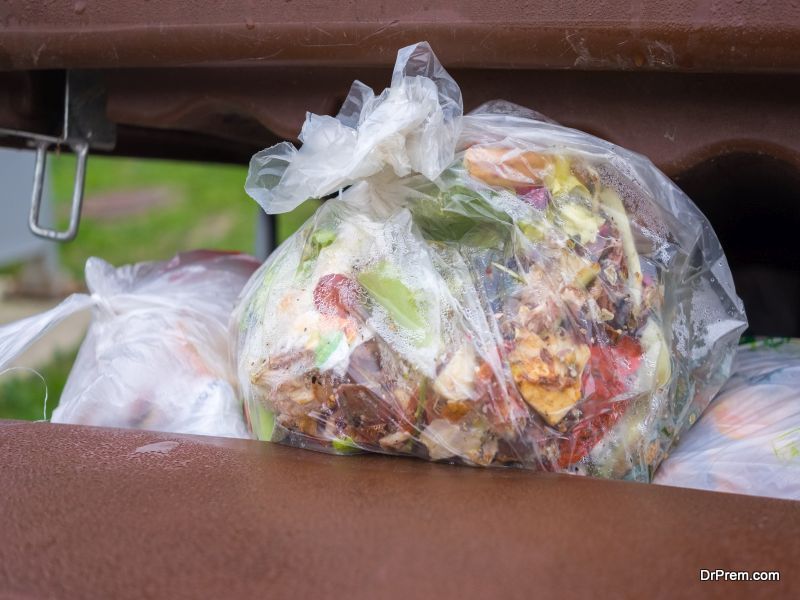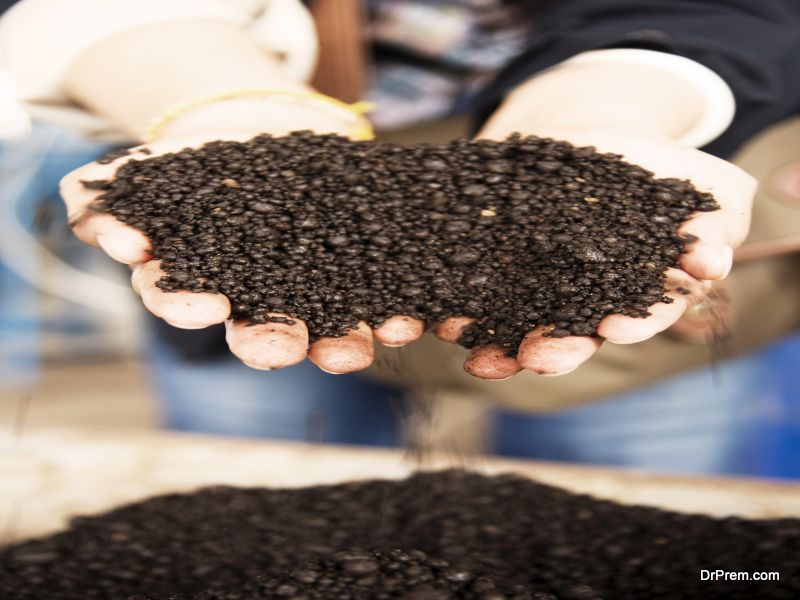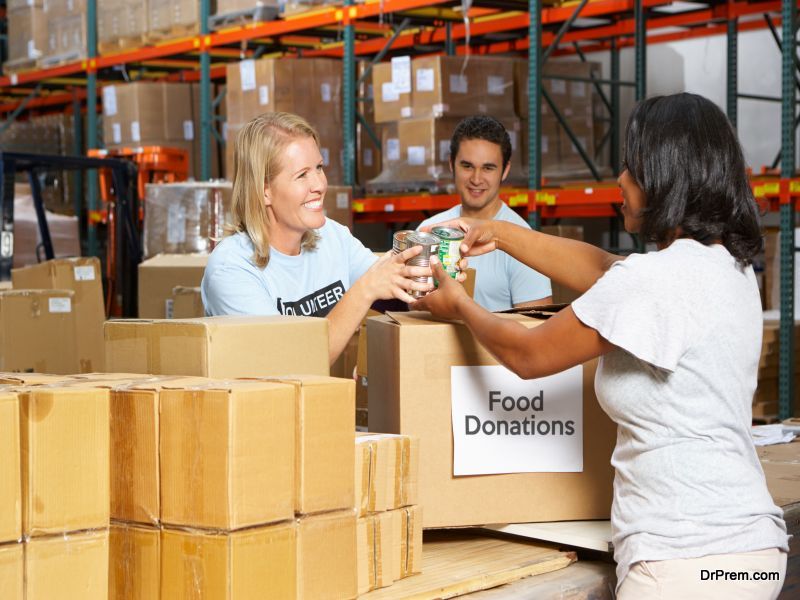Worldwide, more than a billion metric tons food is wasted or lost every year. This is the amount of food produced which fails to reach the tables. To give an idea of the enormity of food loss, imagine 3,000 buildings the size of Empire State buildings – this would be equal to the quantity of food which is not used each year. Mankind’s greatest challenge in the future would be to grow enough food for the whopping 9.1 billion people on the planet by 2050. Food production would have to increase by 70% and in the developing world, it would have to increase by double. So it is imperative that we start strategizing smart ways to reduce global food wastage and loss:
Difference between food loss and food waste
Food loss
Food loss and food waste are two different kinds of wastage. Food loss is referred to the food lost in the distribution and production parts of the supply chain. This kind of food loss is seen more in developing countries as these countries have poor infrastructure and dysfunctional distribution chains. Food loss hurts farmers severely, many of whom are already facing poverty. As commercial food companies foray into emerging markets, infrastructure has improved, and advances have been made in technology and management of the food chain. Improvements have been seen in farm-based storage at lower costs, processing technologies and preservation methods in developing countries which have led to lesser food loss.
Food waste
Food waste occurs when food is removed from the supply chain of food, food which was fit to be consumed but had expired, spoiled and discarded. Food waste is more prevalent in developed countries, even in the US which has one in seven families who struggle for food security. In the US, 133 billion pounds of food is wasted, which makes up 21% of landfills. A staggering 40% of food which is edible is squandered or spoilt.
Strategizing smart ways to reduce food wastage and food loss
Before increasing food production, the world needs a strategy to conserve the food produced, one which would not only help making food accessible people worldwide, and the success of which could help meet the food requirement in the future.
Food waste as fertilizer
Food waste not only deprives people of food but also is a contributing factor to environment pollution as rotting food in landfills release methane, a greenhouse gas which leads to climate change and also affects crop yield in a negative way. In order to reduce the emission of methane in landfills, people can start composting waste food, which can be used as organic fertilizer for house plants. There are many inexpensive methods of doing this and if people worldwide started composting, a lot of waste food can be used in a positive way.
Using produce deemed ugly
Many sources claim that farmers reject 20-30% of produce as they deem the produce to be “ugly”. The produce has no other fault except for looking bad. This kind of produce needs to be put in the chain of food supply and people can help in doing this by joining movements like #funactivism and @UglyFruitAndVeg campaign, and get companies like Whole Foods and Walmart to sell ugly food by signing petitions.
Buy only as much as required
A lot of food is wasted in households as people buy more than required and are not able to use all the food they buy, leading to food waste. This can be avoided by carefully planning meals and buying smart. Leftover food can be reused by using them to cook tasty meals again.
Donate
Donating food is another way in which extra food can be put to good use. Connecting with food banks is a good way to donate food to the hungry. You can choose to help many children, donations for children can be found online.
Proper preservation
Proper preservation of food can lessen food waste too. Organizing the refrigerator on a FIFO i.e. First In First Out basis is a great way to reduce food waste in households.
Setting food waste goals by governments, standardizing food waste and food loss measurement and individual and governments taking steps to improve food preservation can help to form a strategy which can help reduce global food wastage and loss.





